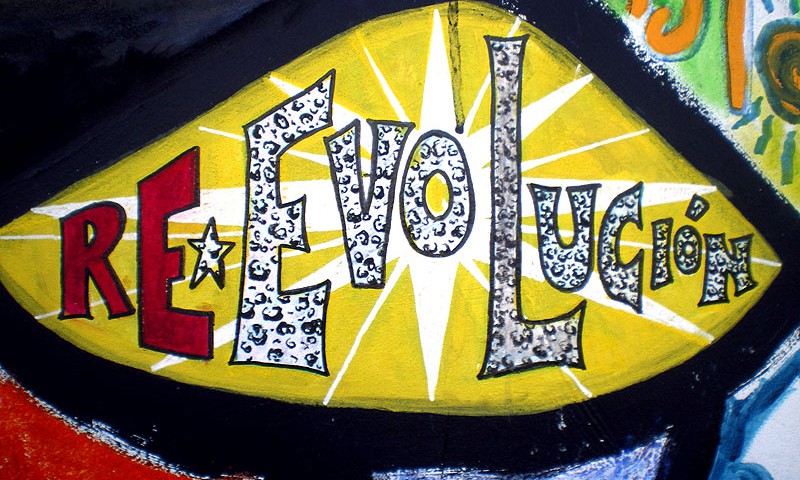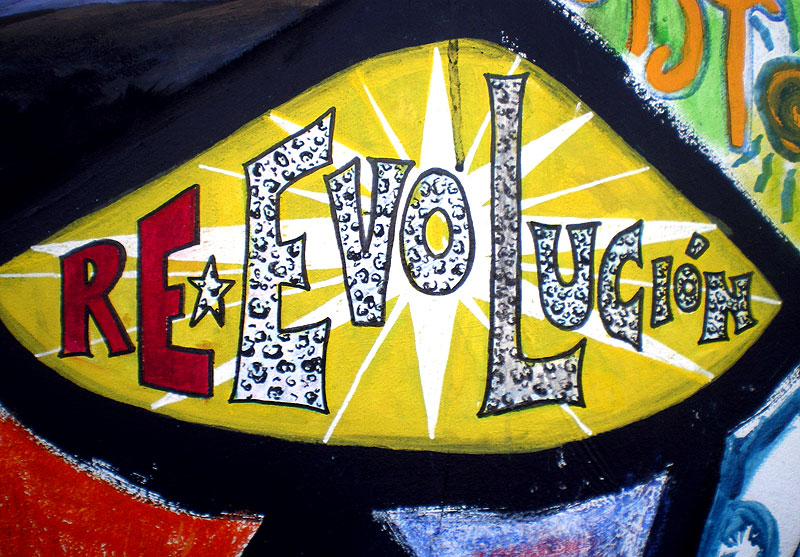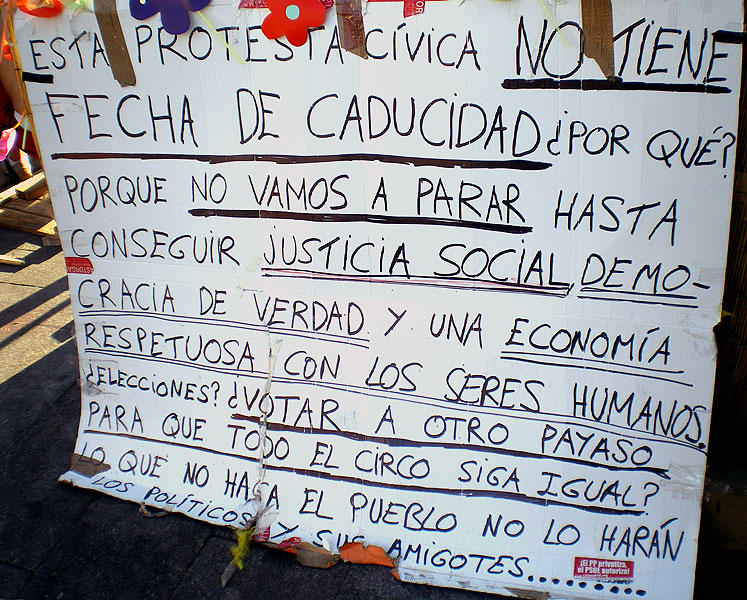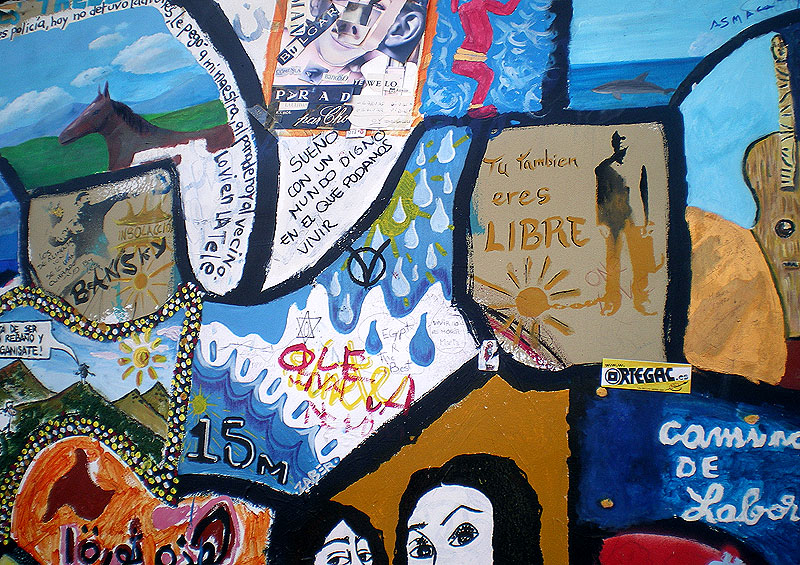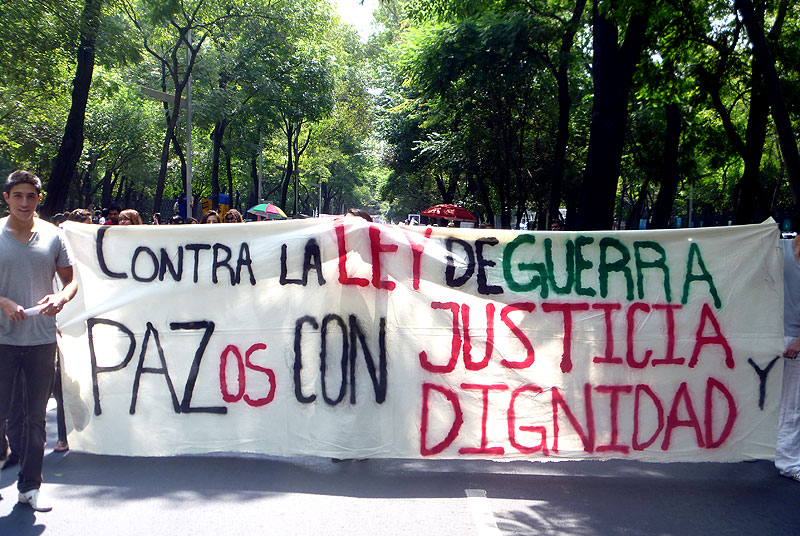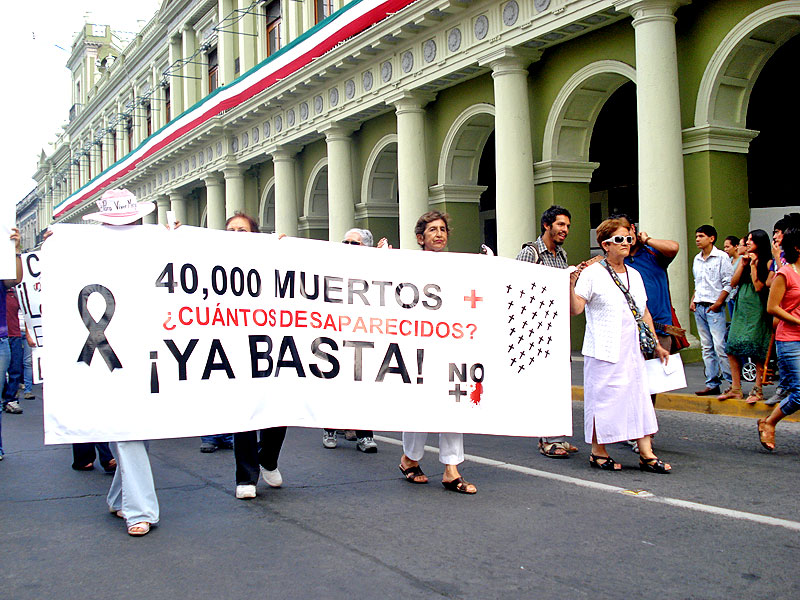SIPAZ Activities (From mid-February to mid-May 2011)
29/04/2011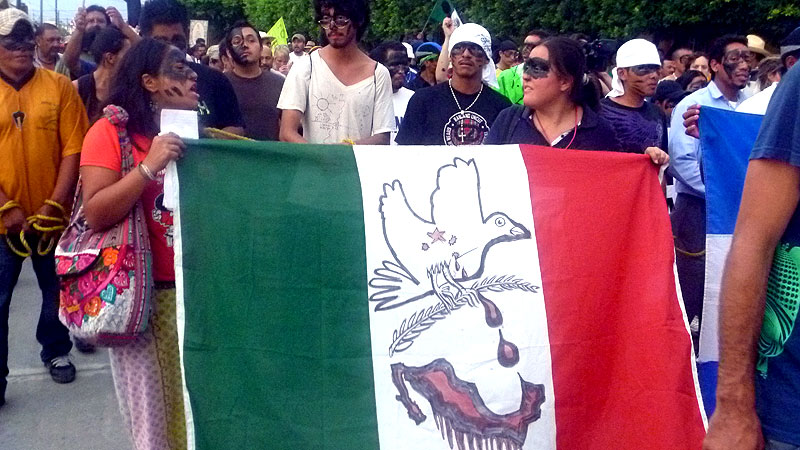
ANALYSIS : Mexico – National and international challenges to the consequences of the “War on Drugs” strategy
30/11/2011A wave of social desperation is expanding in different latitudes: the demands base themselves in elemental necessities. The mobilizations have erupted from within unsustainable situations, supported by the immediacy provided by networks and social platforms. In Mexico, the ravages of violence brought about by the war on narco-trafficking has determined the social non-conformity centered in part on the Movement for Peace with Justice and Dignity, since the cry of pain emitted by Javier Sicilia after the death of his son in April. The reasons for the wave of global discontent are several: economic crisis, labor reforms, inflation in basic commodities, rejection of the rescuing of banks and private firms, and the desire for a climate of peace and security, as in the Mexican case. The youth—for years written off as a lost generation—has decided to intervene in politics following its realization that it faces an uncertain future.
Urban centers such as the Plaza del Sol in Madrid have never before been so talked about. There in Madrid on 23 July appeared numerous “unemployed, mal-remunerated, sub-contracted, the youth, the prevaricate,” in the words of the organizers of the platform Real Democracy Now (DRY), some of whom participated in the Indignated Popular March (MPI), which has marched from different parts of Spain to concentrate itself in the capital. In the banners suspended from nearly all streets that reach Plaza del Sol there could be read “Welcome Dignity.” The booths of the organization each represent one of the basic elements of a given society: culture, health, education, and work. They demonstrated an impressive coordination despite being the birth of spontaneous impulses. Other plazas, such as Tahrir in Egypt, Qasba in Tunisia, or Syntagma in Greece, are increasingly found in the international news: the citizens’ protests are an inspiration that are carried over to other contexts. The manifestations show the indignation of a society “that reclaims the return to citizens’ sovereignty,” as is attested to by the signatories to the manifesto “Against the persecution and criminalization of democracy. In support of the dignity of indignation,” which was written up a number of university professors and artists like Paco Ibáñez.
The 15 May Movement (15 M) in Spain does not define itself as a proposal regarding an alternative political regime but rather as a rejection of representative and bipartisan democracy and a reflection of the necessity to begin the practice of a politics from the citizenry. The movement is nourished by consideration of the savage inequalities in light of the economic austerity plans implemented by the government of José Luis Rodríguez Zapatero to struggle against the economic crisis. In these terms, popular assemblies and social forums have sprung up. In the First Social Forum 15 M in July, it was decided in assembly that some of the participants of the MPI will continue marching on to Brussels. The objective is to arrive by 8 October, a week before the 15 October manifestation called for by the DRY, one in which other assemblies from the other parts of the world have agreed to participate.
Since the so-called Tunisian Revolution of December 2010, the forms of expression of social discontent have been multiplied throughout the world. The political crisis in Egypt at the beginning of 2011 was one of the reference-points for the citizens’ uprisings that have been observed in recent months at the global level. The manifestations and revolts there find their basis in police brutality, high unemployment rates, the desire to increase the minimum wage, the lack of food and other basic necessities, corruption, land of liberty of expression, among other demands. Protesters succeeded in forcing the exit of President Hosni Mubarak, who had been in power for nearly 30 years.
The irritation reached the U.S. at the beginning of the year. In February, public officials occupied the capitol of the capital of Wisconsin to protest a governor’s law to reduce the state budget deficit that would cut salaries and suppress collective-bargaining rights. Subsequently, legal initiatives and similar manifestations were repeated in other states. A similar modality of active protest is rather uncommon in the United States.
The wave also reached Israel, where some cities now feature tent-cities that have existed for weeks. Increase in costs of living make matters difficult for President Netanyahu. “The people demand social justice,” chanted one march in August; “Egypt is here,” said some of the banners.
Greek unions called for a new general strike on 15 June to protest the new austerity measures and the reductions in salaries and pensions being prepared by the Greek Executive, ones that that European Union and the International Monetary Fund (IMF) requested that the government approve so as to make available economic assistance intended to evade the collapse of the country. More than 25,000 protesters manifested before Parliament in response to the proposals.
The global insatisfaction has also made itself known in places like Chile, despite that it is enjoying some of the highest economic indicators in Latin America. The government of Sebastián Piñera suffers strikes and protests in various sectors. Students, ecologists, workers, indigenous peoples, and miners demand a fairer distribution of wealth.
The generalized weariness has become the social citizens’ movement. Different global marches continue, because “this is talking face to face. The marchers [of MPI in Spain] have explained that people generally have similar needs, worries, and problems, regardless of their class-origin or social status. By the end of this month there has been generated a global consciousness,” noted the platforms of 15 M. This is a struggle against the hegemonic global system, one described thusly by the journalist and essayist Pascual Serrano: “Organizational forms should be established that work. Unity should be maintained, and we should prepare ourselves for a long struggle. No one said that it would be easy; it is simply a necessity for survival for dignity.”

